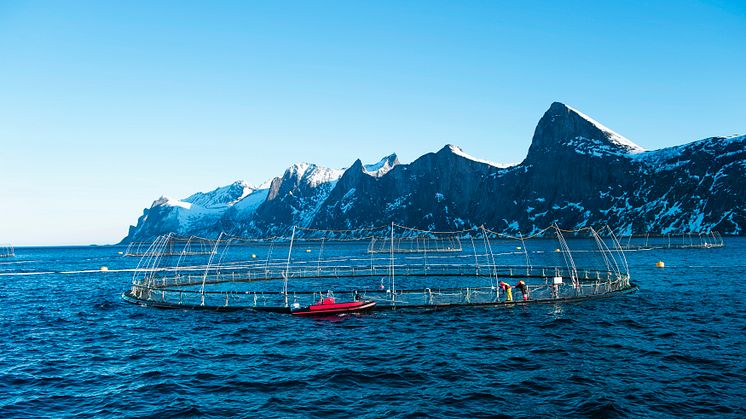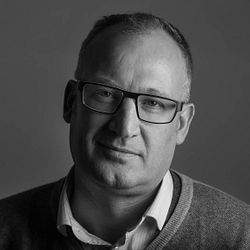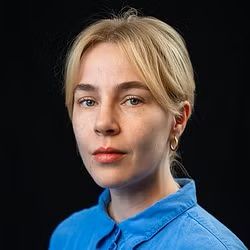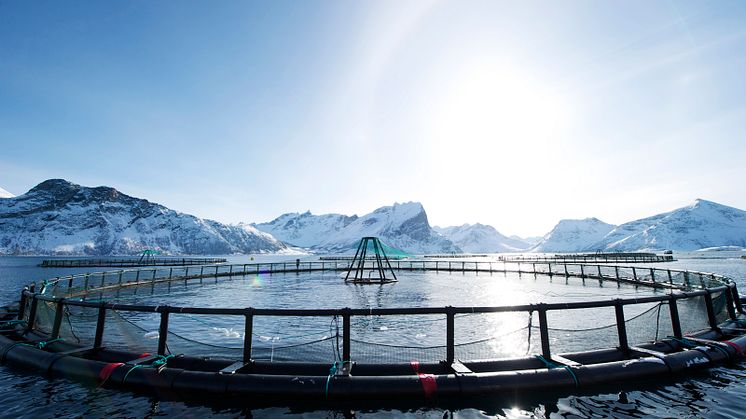
News -
Ocean farming can help preserve global ecosystems
If people swapped even a small proportion of their meat for seafood in their daily diet, an area twice the size of India could be spared, a new study by Norwegian and American scientists has found.
By 2050 the global population will have reached almost 10 billion, according to UN projections.
This will require a 70 percent increase in food production. A study, published this month in the academic journal PNAS, found that if people swapped even a small proportion of their meat consumption for seafood, we will be able to significantly reduce land use, and ensure a more sustainable production of protein-based food.
Fish and other aquatic animals are extremely efficient at converting feed to biomass for human consumption. While a cow requires anywhere from seven to over 30 pounds of feed to gain one pound of biomass, most farmed fish need just one or two pounds of feed to do the same. This efficiency translates into significantly less cropland required to grow feed for the fish people eat.
“The expansion of agriculture across the world is driving the extinction of species and the dramatic loss of ecosystems. This is only going to increase into the future. Aquaculture offers one way to reduce some of this pressure on our natural landscapes, wild places and wildlife”, says Claire Runge, a research scientist at the University of Tromsø – The Arctic University of Norway. Runge is working closely with colleagues from the National Center for Ecological Analysis and Synthesis (NCEAS), California.
At a country level, the scientist s found that particularly biodiverse countries, such as Brazil, could have substantial land-use savings in 2050 under the aquaculture scenarios. Not considering grazing land, a global transition toward more aquaculture could reduce the amount of feed-intended cropland in Brazil by an average of 25 percent, or over 11 million hectares, and that number increases 12 times if grazing land is considered.
More food from the ocean
Norway is, and has always been, an ocean-based economy. Fish and seafood has been our livelihoods for centuries, and today Norway is the second biggest exporter of seafood in the world.
“The oceans cover over two thirds of the earth’s surface, yet today it yields merely 2 percent of the world’s food. To meet the UN’s Sustainable Development Goals we need to increase the oceans’ contribution to food production. Responsible aquaculture is key to solving this challenge. Norwegian knowhow and entrepreneurship can play an integral part of the solution”, says Renate Larsen, CEO of the Norwegian Seafood Council.
Fortunately, the world is headed in the right direction: Seafood is increasingly finding its way to dinner tables across the world – the average global citizen now eats over 20 kgs of seafood, every year. Interestingly, half of that seafood is already sourced from aquaculture.
«Aquaculture is the fastest growing food production system in the world and farmed Norwegian salmon represents some of the best quality seafood in the world today. Norway’s stringent resource management system ensures a dovetailing of economic and societal needs with the preservation of our precious natural resources. Continued focus on developing the most sustainable and technologically advanced methods for aquaculture, provides us with the best opportunities of meeting the world’s growing need for food without harming the environment”, says Larsen.
A world leader in aquaculture
The development of commercial aquaculture in Norway began around 1970, since that time aquaculture has developed into a major industry in coastal areas. Farming of Atlantic salmon is by far the most important activity, accounting for more than 90 percent of the total Norwegian aquaculture production.
Recent research by this study’s authors found that marine aquaculture requires very little ocean space to produce an immense amount of food. With new technology, regulations and state-of-the-art farming methods, the industry is making huge strides towards being one of the most environmentally-friendly food industries.
Find more information on Norwegian salmon farming on www.salmonfacts.com




